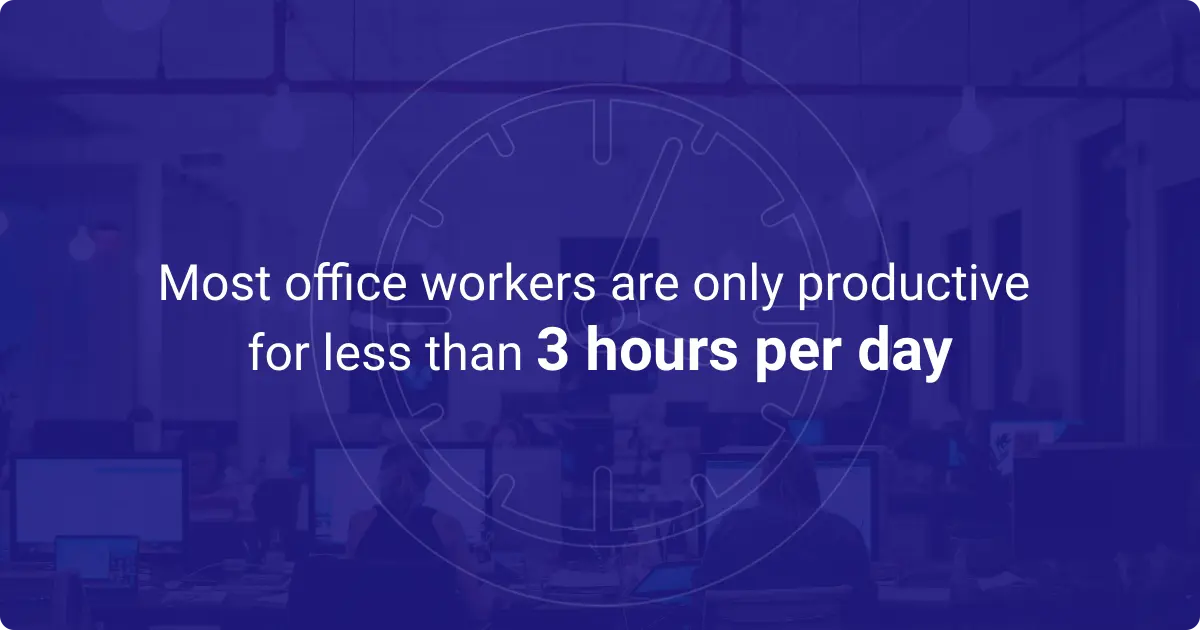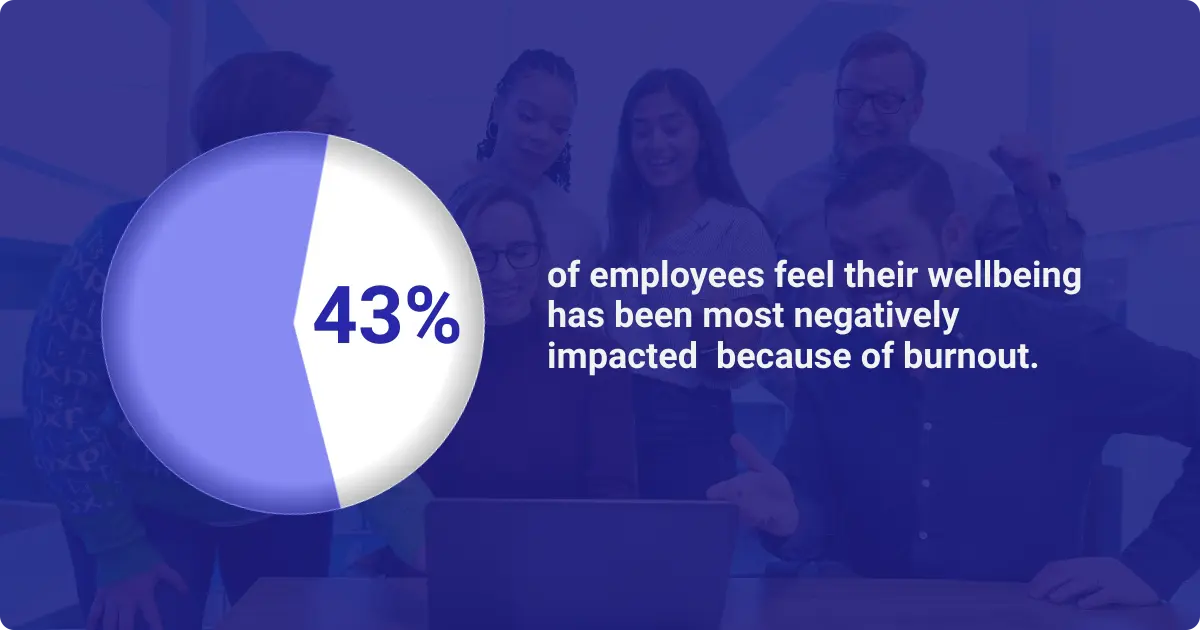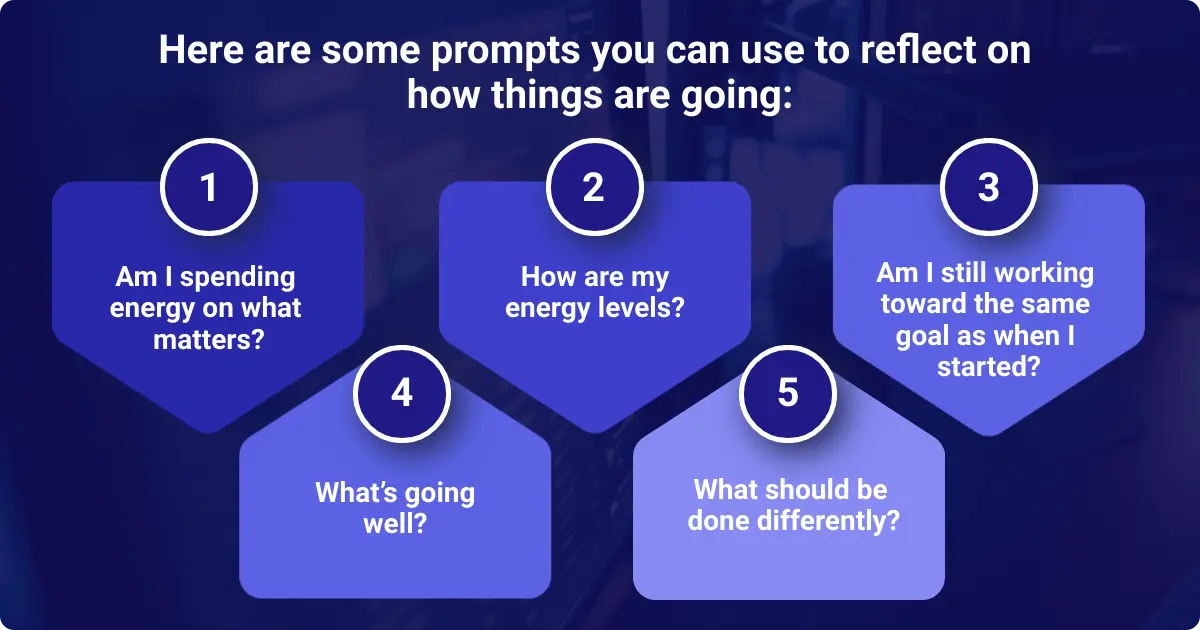Understanding Why Rest is Productive

Just as I was about to sit down and begin writing this piece, I was knocked out by a dizzy spell. A few hours later, as I began to feel better, I contemplated returning to work. I decided to take the message of this piece to heart and simply rest.
I am fighting to turn that into a bigger lesson as a means to compel you to take this message to heart, but I won’t because rest is productive and essential. It’s that simple. Spending time “resting and digesting” from life is one of the best things anyone can do for themselves. And the world of work doesn’t spend enough time encouraging rest because we are all collectively addicted to productivity (or at least the illusion of it).
So here’s the spoiler: you are probably not nearly as productive as you think you are, and you probably don’t rest nearly as much as you should. And no, I’m not just talking about sleep and taking time off.
Let’s talk about how rest is productive and essential to a healthy workplace.
Organizations may require a continuous and proactive practice of building a fulfilling and healthy workplace culture for employees. How would you do that? Read this paper, "Integrate Culture and Wellbeing in the Workplace"
The cult of productivity
It’s no great secret that we are culturally obsessed with productivity. It is used as a moral high ground – the more you do, the more you produce, the better you are as a person. Doing more than someone else makes you superior. And doing less is lazy, pathetic, and inferior.
The cult of productivity stems from the belief that employee productivity measures an employee's personal worth. What that means in our always-on reality is that we can never do enough because there is always more to be done.
There is always another email to read, another project to check in on, and another Slack message to send. Digitalization has rendered our work endless, and it has sent many of us into existential crises about when to stop working.
Writer Madeleine Dore talks about productivity guilt Opens in a new tab on an episode of HBR Ideacast from Harvard Business Review, saying that:
“... we never quite reach this state of contentedness because this list continues to fill up the next day and we can end up feeling deflated and we can sort of get to the end of the day and call it a failure just because we didn’t get through everything.
Even though that expectation in and of itself might be the unrealistic part of it.”
Dore goes on to say that, with all the tools to optimize our time at our fingertips, it’s tempting to optimize constantly and always find more ways to boost productivity.
“I think that’s where this busyness hamster wheel comes in, and there’s a certain type of productivity that can seem to be quite addictive in terms of it can be enlivening to be doing a lot, but what are we doing all this for if we’re then, say complaining about how busy we are?” she says.
Busy vs. productive

We have also come to conflate busyness with productivity. You always have something to do, therefore you are always doing something, therefore you are always productive – and worthy.
Dore begs the question: Is the sense of being productive genuinely fulfilling or is it more that rest periods are daunting? Who am I when I’m not working? can be a scary question, especially when work is so conflated with personal identity.
The idea that we deserve rest seems counterintuitive in the face of productivity culture. In fact, many feel guilty when they consider resting or taking time off, even if they’ve been clocking insanely long hours.
The reality is that everyone hits a wall at some point. But beyond that, this obsession with productivity is a myth. Everyone has their own threshold. You can only stare at a computer screen for so many hours and be truly productive. Do you feel “so busy” yet your phone screen time is over four hours per day?
The reality is, that most office workers are only productive for less than three hours per dayOpens in a new tab. So you might as well figure out how to set boundaries and prioritize rest before your body forces you to.
The capitalism of productivity
It’s not a big leap to connect the obsession with productivity to capitalism. Capitalism directly profits off hustle culture. It’s also, unsurprisingly, connected to oppression and white supremacy. Tricia Hersey, author of “Rest Is Resistance: A Manifesto”Opens in a new tab, writes:
What we have internalized as productivity has been informed by a capitalist, ableist, patriarchal system. Our drive and obsession to always be in a state of “productivity” leads us to the path of exhaustion, guilt, and shame.
We falsely believe we are not doing enough and that we must always be guiding our lives toward more labor.
…Productivity should not look like exhaustion. The concept of laziness is a tool of the oppressor. A large part of your unravelling from capitalism will include becoming less attached to the idea of productivity and more committed to the idea of rest as a portal to just be.
Being a good employee involves being a good person. You are at your best when you have enough sleep, your body and brain have had enough rest, you are energetic and creative, you can focus, and you feel connected to your work and the people around you.
Joy and creativity are just as important to employee wellbeing and performance as focus and concentration.
The next time your brain tries to convince you that taking a break means you’re lazy, take it as a sign that the break is all the more warranted.
Rest is productive: The science behind the importance of rest
Let’s first establish that rest is productive – but it’s also essential. You shouldn’t rest to be more productive. You should rest because you need and deserve rest. As Hersey puts it, rest is your divine right.
But beyond that, adequate rest has tangible benefits for individuals and organizations alike.
For one, sufficient rest helps in managing burnout. It’s the difference between working hard and working smart. Working hard all the time can cause you to ignore personal responsibilities, place too much focus on the project at hand, and get tunnel vision. This can lead to burnout: exhaustion, inability to focus, reduced creativity, dissatisfaction, and social withdrawal.

One of the first answers to burnout is delegation. Talk with your manager and see how your tasks can be redistributed while also discussing where you can loosen things by extending deadlines, setting boundaries, and taking time off.
Read on to learn more about supporting your employees based on their individual needs and how this is the most just and sustainable way to run your business.
Not sure what burnout looks like? Here are 15 signs to watch for (and some tips for avoiding burnout at work altogether).
Chronic stress weighs heavy on the body, according to Forbes. Stress hormones rise, raising blood pressure and heart rate. It’s no surprise, then, that chronic stress is also correlated with a shorter life span.
Your brain also doesn’t work well when it’s tired. It’s important to realize that even if you don’t feel tired – which could be a function of stress rather than being well-rested – your brain gets tiredOpens in a new tab. You can only focus on one task for so long.
It’s the same reason why so many four-day workweek trialsOpens in a new tab have been so successful: Rest is essential to keep your brain sharp.
Think about when you get tunnel vision during a particularly stressful project. What do people say? Sleep on it. Spend time resting and digesting what you’ve done so that you can return with fresh eyes and a renewed ability to problem solve.
It’s also important to reframe what constitutes productivity. As the Burton Rascoe quote goes: “A writer is working when he’s staring out the window.” Moments of rest are an essential component of the process. A project is never 100% output; it’s also brainstorming, processing, reworking, and analyzing. Some of that time may very well be spent staring off as your brain metabolizes a new idea or thought.
How to spend more time resting
Taking the Burton Rascoe quote in stride, you should factor the rest into your timeline. When you come up with deadlines, are you picturing hours of pure, uninterrupted focus? Right. And when was the last time that actually happened?
Not only do you need breaks, but you’ll be forced away from your focused time no matter what. Urgent tasks come up unpredictably, and other people, quite frankly, are interruptive. It’s better to build in a buffer and be realistic than be disappointed by failing to meet an impossible timeline.
Here are some prompts you can use to reflect on how things are going:
- Am I spending energy on what matters?
- How are my energy levels?
- Am I still working toward the same goal as when I started, and are my efforts getting me there?
- What’s going well?
- What should be done differently?

Make rest non-negotiable
Rest is not a reward; it is essential for wellbeing. View it as a necessity for creativity, energy, and focus.
Start by building more rest into your work schedule and broader life. That weekly task you usually reserve an hour for? Book an extra hour or two. Have trouble getting back to work after two hours of meetings? Take lunch afterward instead.
Once you start looking for ways to incorporate rest, you will start seeing not just how much you’ve compromised on your own mental batteries, but also how straightforward it can be to take little moments here and there – and how much they add up.
This is what Workhuman is talking about when it comes to “bringing the whole human to work.” As humans, we need rest. So rather than treating breaks as treats or downplaying the importance of downtime, we should all acknowledge how rest is part of the job, and it is also our collective job to reinforce and encourage that for one another.
How to build rest into your schedule
- Take one hour for lunch every day
- Sign off completely by a certain time
- Have one no-meeting day per week
- Take at least one day off per month and one longer break every quarter
- Put your working hours and availability everywhere (in your Slack bio, email signature, etc.) and stick to them without compromise
- Offer to take one-on-one meetings on a walk for some fresh air (not exactly rest, but the change of scenery can make a huge difference, and your body will thank you)
- Take stretching breaks and deep breaths throughout the day
- Tack on an extra 25% of time to deadlines
- Log off when you feel tapped out instead of forcing yourself to keep pushing the mouse around needlessly
Consider your ability to rest a muscle. Your conviction and dedication to prioritizing rest will strengthen with practice. Conversely, the more you let your boundaries be compromised, the weaker your will is likely to become.
Conclusion
I hope this piece has prompted you to consider how you spend your time and what it really means to rest. Take a moment to reflect on where your ambition and desire to produce has overridden your impulse to rest. Consider how taking a moment to breathe might actually help instead of viewing it as indulgent. Go take a walk as you think about it – trust me, it’s good for you.
About the author
Maeve Ginsberg
A wellness enthusiast and the mid-day walk’s #1 fan, Maeve champions work-life balance.
Having gone from a corporate job to self employment, Maeve has lived through countless working styles. This evolution forced confrontation of her own limiting beliefs, eventually breeding a completely individualized approach to work and productivity.
As a Senior Copywriter, Maeve often writes on workplace wellbeing and strives to advocate for all workers and leaders to find small yet significant ways to make their work lives healthier and more fulfilling.
Offline, Maeve enjoys testing new cuisines and hanging upside down off walls (also known as bouldering).